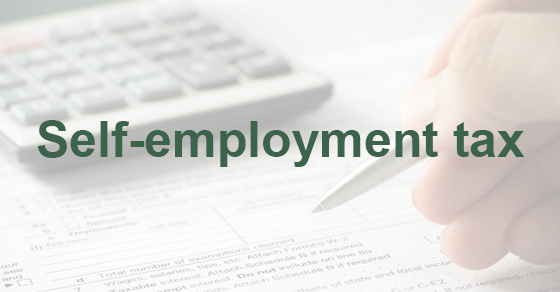Taxpayers don’t have to pay self-employment tax on an amount deemed to be rent paid to their chicken farm. The U.S. Tax Court ruled that a corporation, which paid its married sole shareholders both rent for farmland and wages for work they performed on the farmland, didn’t owe self-employment tax on the rent. The couple entered into an agreement with a large poultry producer, which paid rent to the business. The decision reverses the court’s holding in previous similar cases and follows the reasoning of the Eighth Circuit Court of Appeals. (149 TC No. 12)
October 2017 Tax & Business Alert
/in Monthly Newsletters, RMF News/by Julie KeyserOwners occasionally borrow funds from their businesses. This article explains the importance of treating these transactions as bona fide loans and charging an “adequate” rate of interest. It also provides a list of factors the IRS considers when evaluating corporate advances to shareholders.
A well-crafted, up-to-date estate plan is an imperative for everyone. It can truly help ease the burdens on your family during a difficult time. This article looks at wills, living trusts and other important documents.
As its market and technological needs evolve, every company needs to change. At some point in the existence of many companies, the organization needs to go beyond change to transformation. This article examines the difference between the two concepts and how to go about transforming with care.
Estimated tax payments are required by self-employed individuals and sometimes those with income from interest, rent or dividends. Mishandling these payments could trigger penalties. This brief article offers three strategies for getting it right.
This calendar notes important tax deadlines for the fourth quarter of 2017.
A tax reform plan has been released
/in Uncategorized/by Raffensperger Martin Finkenbiner RMFThe Trump Administration and select members of Congress have released a “unified framework” for tax reform. It provides more detail than other tax reform documents that have emerged from the White House over the past few months, but it still leaves many specifics to be worked out by Congressional tax-writing committees (the House Ways and Means Committee and the Senate Finance Committee). Among the provisions: a top tax bracket of 35% as compared with 39.6% today. More Information on the plan here
Are You Aware of New Tax Rules for Partnerships?
/in Uncategorized/by RyanIf your business is a partnership, new audit and adjustment rules passed by Congress have significantly increased the chances that it could be audited. Your partnership operating agreement should be reviewed and possibly revised to address the rules and the new tax terms and concepts that they introduce. It is possible for some partnerships to opt out of the rules’ provisions, but careful consideration should be given to this decision and to other concerns.
While the rules generally apply to returns filed after 2018, we recommend that you begin planning now to prevent any unexpected consequences when they do become effective. We urge you to contact us today for more information on how the new rules might apply to your business and what steps you should take to address them.

© Copyright 2019 – 2024 Raffensperger, Martin & Finkenbiner LLC. All Rights Reserved.
About Us
Raffensperger, Martin & Finkenbiner (RMF) has proudly served the community in Adams County for over 40 years.
Contact Us
34 West Middle Street
Gettysburg, PA 17325
(717) 337-1414
(717) 337-2138 (fax)
info@rmfcpallc.com
www.rmfcpallc.com




